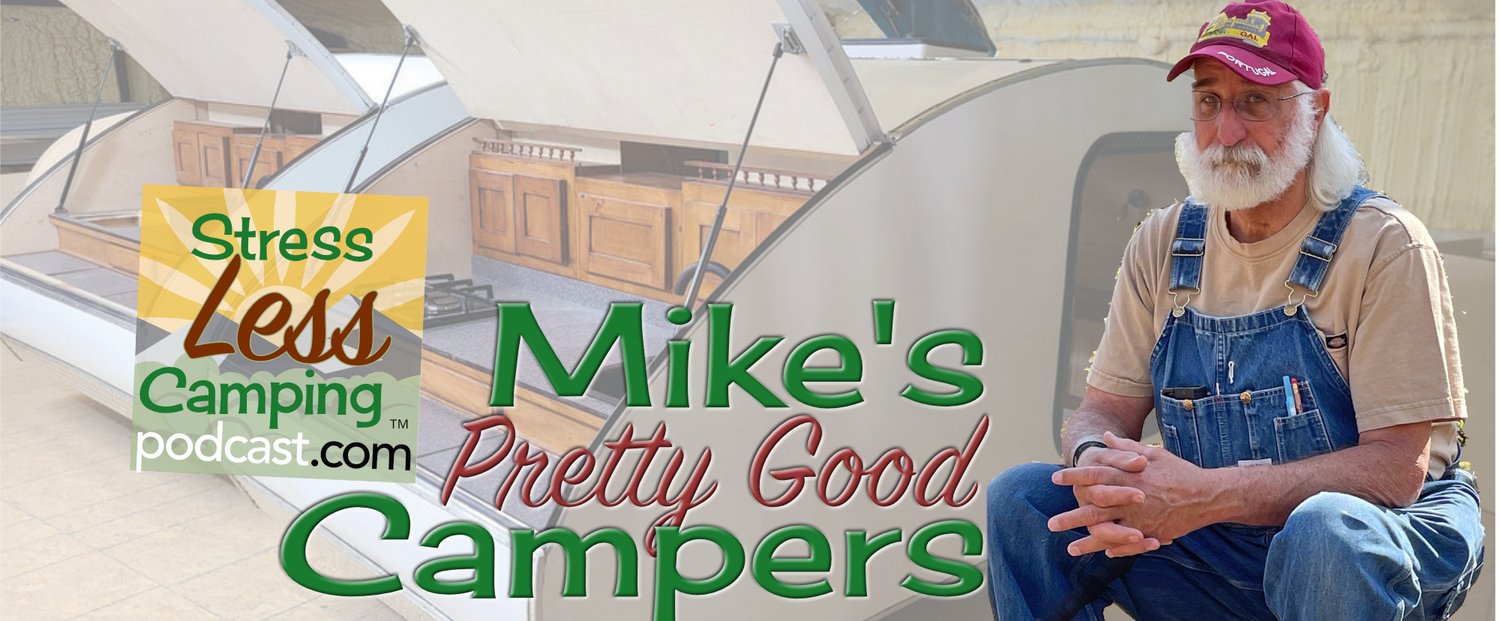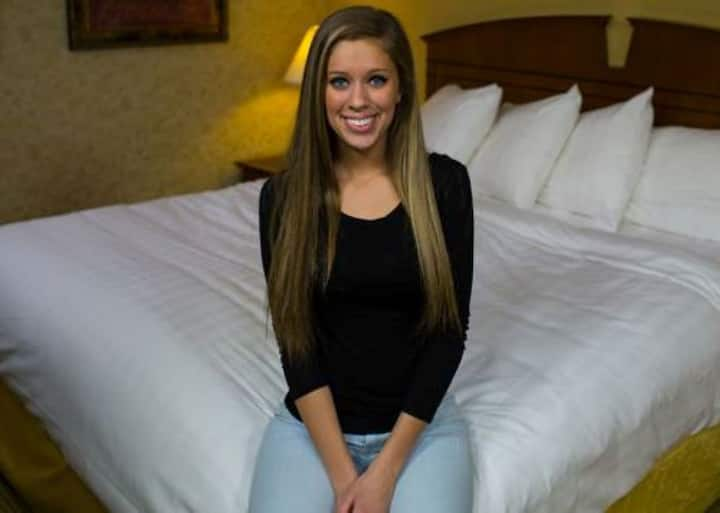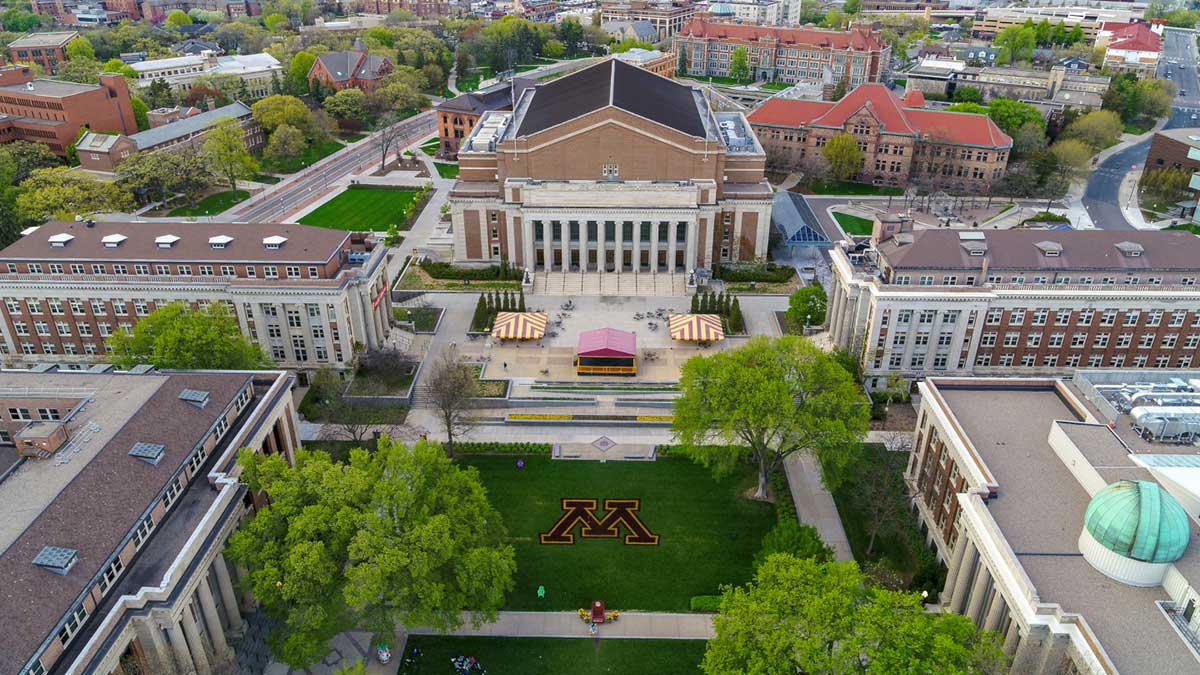There’s a spot just off Route 17, a few miles outside a sleepy town in the Pacific Northwest, where the forest starts getting thicker and the stars brighter. That’s where you’ll find Mikes Pretty Good Campers, a no-frills, locally famous business with a name that underpromises—but overdelivers in the best way possible.
Mikes Pretty Good Campers, the man himself, doesn’t do flash. He’s not interested in turning his small dealership into a flashy mega-mart. “Pretty good is good enough,” he says, and somehow, that modest slogan has attracted a loyal following of weekend warriors, outdoorsy families, and off-the-grid dreamers.
This isn’t a story about a corporate RV empire. It’s about a guy, a dream, and a surprising little corner of the outdoor world where quality, honesty, and just enough comfort intersect.
A Humble Beginning
Mikes Pretty Good Campers Jensen wasn’t born into the camper business. In fact, he was a mechanic for most of his early career—working on everything from logging trucks to beat-up Subarus. But it was one fateful fishing trip in 2008, in a leaky tent during a thunderstorm, that gave him the idea.
“Next day I drove straight home and built a camper out of an old utility trailer,” Mikes Pretty Good Campers laughs. “No insulation, no plumbing, just a plywood box with a mattress. But it stayed dry. That’s when I thought—maybe more folks need something like this.”
He started small, building custom campers in his garage. Word spread. A neighbor wanted one. Then a friend of that neighbor. By 2011, Mike had opened a shop and hung a crooked wooden sign that read: “Mikes Pretty Good Campers.”
What Makes Them “Pretty Good”
The charm of Mikes Pretty Good Campers. You won’t find marble countertops, flat-screen TVs, or satellite dishes. What you will find is functionality, clever design, and rugged dependability.
“I don’t build houses on wheels, Mikes Pretty Good Campers I build rolling base camps.”
Here’s what sets Mike’s campers apart:
1. No-Nonsense Design
Mikes Pretty Good Campers designs are clean and intentional. He focuses on what real campers need: a dry place to sleep, a solid roof, practical storage, and enough off-grid capability to last a weekend—or longer. His most popular model, the TrailMutt, includes a fold-out bed, a small solar setup, a compact kitchenette, and a modular gear rack. No frills. All function.
2. Durability First
Mikes Pretty Good Campers Pretty Good Campers sources most of his materials from regional suppliers. Aluminum siding, marine-grade plywood, recycled insulation—every component is chosen for weather resistance and longevity. His campers are made to handle the wet winters of the Cascades and the dry heat of the Great Basin.
“We use rubberized coatings underneath,” Mike says. “It’s ugly, but it works. These campers won’t rot on you.”
3. Affordability
Mike has kept prices accessible on purpose. While large RVs can easily top $50,000, his campers start under $10,000. Even his top-tier, off-road-ready models rarely exceed $20,000.
“I want people to afford an adventure,” he says. “Not a second mortgage.”
The Customers: A Quiet Cult Following
Mike’s customers range from DIY overlanders to families looking for their first camper. Many come in with an idea scribbled on a napkin, and Mike works with them to design a rig that fits their needs. It’s common to see stickers on the back of a Mikes Pretty Good Campers that say things like, “Built Not Bought” or “Camp More, Worry Less.”
Emma and Jordan, a young couple from Portland, swear by their TrailMutt. “We’ve taken it through Idaho, down to Utah, and it’s held up like a champ. It’s just the right size, easy to tow, and weirdly cute,” Emma says.
Retirees, too, have found a home in Mike’s creations. “We didn’t want something huge,” says Ray, a 68-year-old from Spokane. “Just a dry place to sleep and a stove to make coffee. That’s exactly what Mike built.”
A Business Built on Reputation
Despite minimal advertising, Mikes Pretty Good Campers thrives. Most business comes from word of mouth or through photos shared on social media. His Instagram page, run by his niece, shows photos of happy customers beside snowy trailheads, desert plateaus, or misty forests—with their boxy, sturdy campers in the background.
Mike’s honesty and transparency have helped build trust. He’s the kind of guy who’ll talk you out of an upgrade you don’t need.
“I had one guy ask for a shower,” Mike recalls. “I said, ‘Buy a solar bag and take a rinse behind your camper. Save yourself two grand.’”
Community and Culture
More than just a business, Mike’s shop has become a local hub for adventurers. On Saturday mornings in the summer, he hosts “Coffee & Campers,” where locals gather to swap stories, show off custom builds, and enjoy free donuts.
His annual “Pretty Good Rally,” held at a nearby campground, attracts dozens of camper owners. There’s a gear swap, live folk music, and a camp cook-off where winners receive a custom-made “Pretty Good Spatula.”
It’s all casual, unpretentious, and filled with the quiet joy of people who like to get outside—and sleep comfortably while doing it.
The Road Ahead
As of 2025, Mike is considering small expansions—not a corporate franchise, but maybe a second workshop down in Southern Oregon or northern California. He’s also working with a local high school to start a camper-building program that teaches students basic carpentry, electrical wiring, and welding.
“Not everyone needs college,” Mike says. “Some folks just need a skill and a welder.”
He’s also exploring ways to make his campers even more sustainable. A prototype made entirely from recycled materials—nicknamed the “EcoMutt”—is currently undergoing field tests. Mike’s proud of it, but still insists on managing expectations.
“It’s not amazing,” he grins. “But it’s pretty good.”
Final Thoughts: More Than Pretty Good
In an age of inflated promises and overly complex technology, Mikes Pretty Good Campers is refreshingly down-to-earth. Mike offers something rare: practical, reliable, and honest craftsmanship—without the marketing fluff.
It turns out that “pretty good” is more than enough for the kind of people who just want to wake up in the woods, with a cup of coffee and the morning sun hitting the pines.
So if you ever find yourself in the Pacific Northwest with a dream of getting away—without breaking the bank or the axle—take a turn off Route 17. You just might find the perfect camper. Or at least, a pretty good one.




